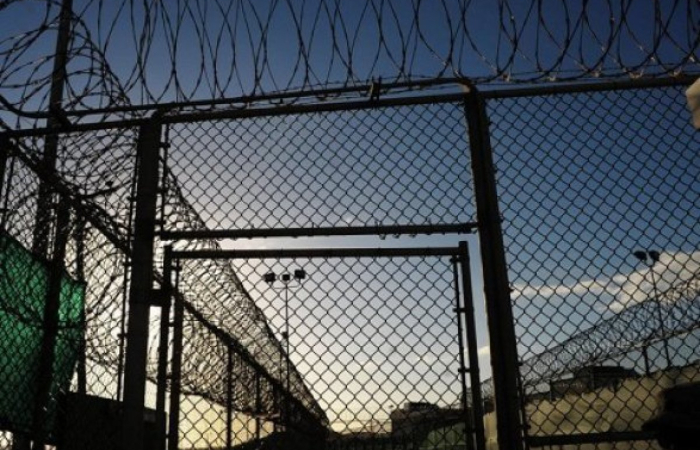The first in the series of events in the framework of The Hague Conversations on Conflict was held on Thursday, 27 June 2019 at The Hague Humanity Hub under the broad title ‘Useful or useless: Are Track 2 initiatives and public diplomacy important for preventing and resolving conflicts?'. The program started with a round table discussion between a small group of invited experts and practitioners, and was followed by a public lecture attended by over a hundred guests from Dr Walter Kemp, Head of the Strategic Policy Support Unit at the Secretariat of the Organization for Security and Co-operation in Europe (OSCE) on innovative approaches combining track 1 and 2 diplomacy.
This publication provides a comprehensive report of the presentations and discussion during the round table, as well as the lecture.
You can read or download the publication in PDF format here
The Hague Conversations on Conflict are a joint initiative of LINKS Europe Stichting and The Hague Humanity Hub






